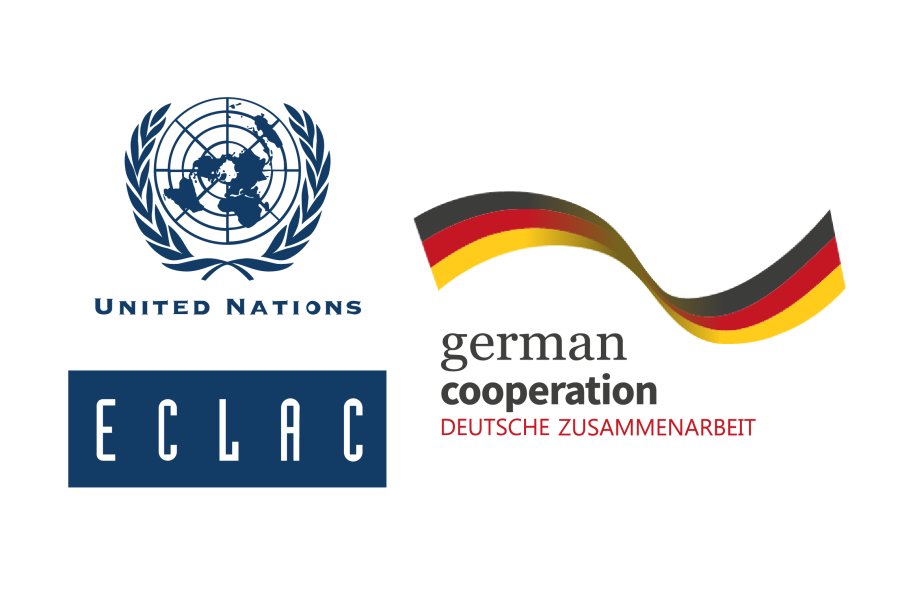Pathways to sustainable planning for a just energy transition in Latin America and the Caribbean: An analysis of best practices in selected countries
Work area(s)
Pathways to sustainable planning for a just energy transition in Latin America and the Caribbean: An analysis of best practices in selected countries
- Publication type: Natural Resources and Development
- Author: Levy, Antonio; Messina, Diego; Salgado, René; Contreras Lisperguer, Rubén
- Physical description: 40 páginas.
- Publisher: CEPAL
- UN symbol (Signature): LC/TS.2023/4
- Date: 9 June 2023
Abstract
This study, prepared within the framework of cooperation between the GET.transform programme and ECLAC for the Regional Technical Forum of Energy Planners, sets forth relevant findings identified following an extensive process of interviews with representatives of planning institutions from selected countries in Latin America and the Caribbean. The study first identified key elements of recurrent practices in energy planning, then analysed strengths and opportunities for improvement, which were grouped into five pillars to promote a just energy transition: fostering competitive markets to support the region’s economic development; (ii) modernizing the power grid to improve power system efficiency and reliability; (iii) promoting distributed clean-energy resources to advance universal access and resilience; (iv) supporting integrated energy planning across sectors and countries to encourage renewable energies; and (v) strengthening regulatory harmonization and market design to foster regional integration. This initiative is intended to contribute to a common understanding among the planners in the region, with a view to promoting energy exchange between countries and, ultimately, regional energy integration.
Table of contents
- Executive summary
- Introduction
- I. Fostering competitive markets that support economic development in the region
- II. Modernizing the power grid and its operation to improve power system efficiency and reliability
- III. Promoting distributed clean-energy resources to achieve universal access and resilience
- IV. Integrated planning and greater incorporation of renewable energies
- V. Strengthening regulatory harmonization and market design to foster regional integration.
